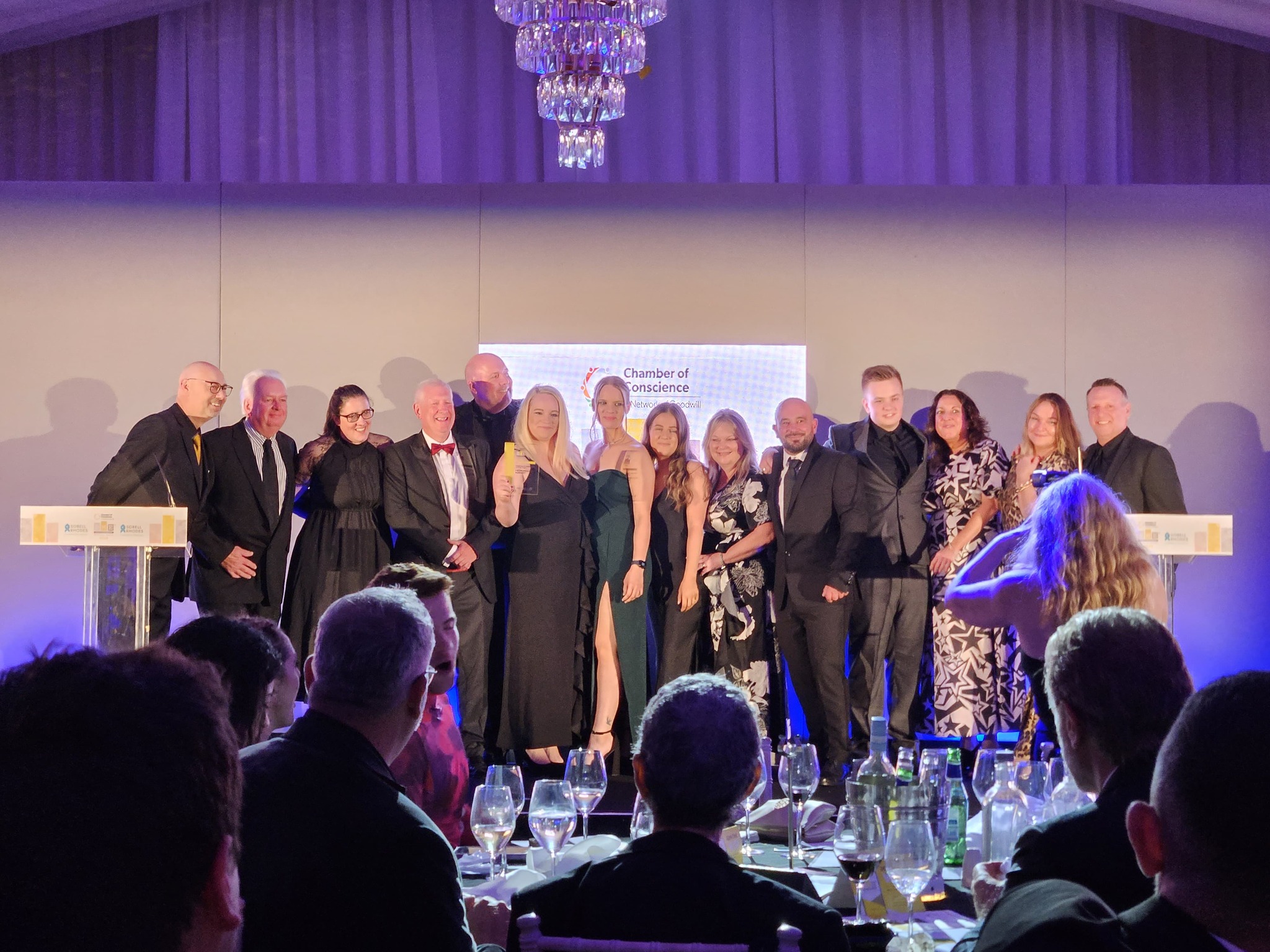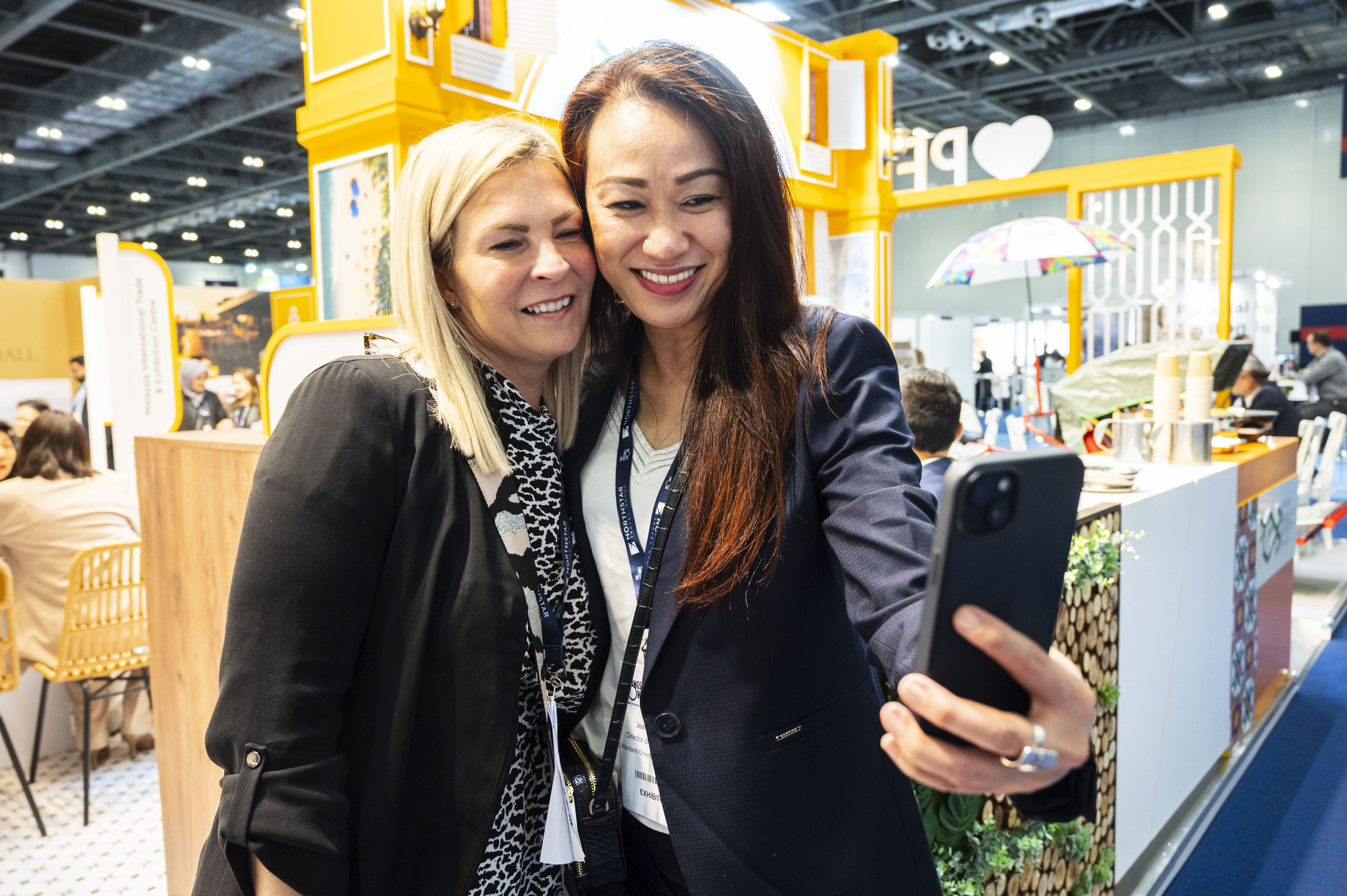- Home
- Conferences
- Meeting
- Weddings
- Parties
- Venue Location
London
England
- Special Offers
- List Your Venue
Carl Criscione: Reduce, reuse, recycle – what's the price of coffee got to do with it!
Nov 28, 2007 | Blog
I spend a large proportion of my life in exhibition halls around the world and this means I visit a lot of venue coffee bars. If I were a coffee pundit I would be currently be tipping Moccachino – which seems to be hip at the moment. But, more significantly though is the increasing appearance of a surcharge on the price list for a Fair Trade coffee option.
So, you may ask, what's the price of coffee got to do with things?
As an industry, we are a large producer of waste. Just looking at an outdoor venue or exhibition hall after a show bears witness to this fact. However, as an industry we do seem to be starting to take our responsibility as contractors and venues seriously when targeting waste. Much has been discussed in recent months about dealing with waste, and we now have BS8901 – the sustainable events standard.
But, the greening of the events and exhibition industry will require a change of thinking for clients as well as contractors, if the industry is to be truly environmentally sustainable. And, the biggest issue we will all face is the ‘coffee conundrum’ – will clients pay more to be green?
The most audible message currently being communicated is “recycle, recycle, recycle”, which, while praiseworthy in itself, only addresses the issue of dealing with waste that has already been produced, whereas it is reduction and reuse where attention should be focused. Recycling is good, but there is also the consideration of the energy used to create that which ultimately becomes waste, its segregation and finally its recycling. This all adds up to make recycling look an expensive option all around. Recycling probably appeals most of all because it shifts the responsibility as far from the originator as possible, which makes it SEP – someone else's problem.
A client may choose to dispose of their entire stand after the show and this convenience will soon have significant financial implications for whoever is left to dispose of the waste. Successes such as recyclable carpets are a huge benefit
and will help. However, as an industry we must take up the cause of reduction and reuse if we are to have a green future.
To do this we need to look at the traditional processes we have used. How often is a contractor or venue able to consider the potential waste stream when in full creative flow at the point of pitching? I would venture to suggest almost never. But times and attitudes are changing. Large corporate clients are all seeking ways to deliver their corporate and social responsibility (CSR) commitments to shareholders, which presents an opportunity for contractors and venues to lead the way. The more we can reduce our consumption of raw materials and use our creativity, ingenuity and technical expertise to reuse existing materials, the more attractive we will become to the major corporate clients.
Key to the success of reduction and reuse is planning and commitment. My experience suggests that when we have had the opportunity to demonstrate the benefits of planning an exhibition strategy around the reuse of an exhibition stand, environmentally conscious clients will respond.
At Equinox we prefer the method of Bespoke-Modular stand. Meaning we look at the schedule of events and manufacture a system that is utilised in a variety of formats for events of varying sizes and yet still retain the benefits of a bespoke stand. The feedback from our clients is very positive. They are able to add this to their CSR statement, reducing their impact on the environment by judicial reuse of assets, and it allows them to make maximum use of their budgets for exhibiting rather than dealing with waste.
Perhaps, like coffee, an optional surcharge could be the way to go! The revenues generated being invested in initiatives to improve the green credentials of our industry. Irrespective of the route chosen by the industry to reduce the waste burden, the cost will ultimately be bourne by the exhibitor. It is incumbent on all parties in the process to look at ways to reduce this additional burden to keep our industry vibrant and affordable.
Carl Criscione is marketing manager of Equinox Design
Latest News
- Mercure Manchester Piccadilly Hotel Launches Inspiring ‘Garden View’ Events Space
 Press Release: Metropolitan Bushey Wins Hospitality
Press Release: Metropolitan Bushey Wins Hospitality Press Release: The Meetings Show 2024 reunites, excites and inspires eventprofs
Press Release: The Meetings Show 2024 reunites, excites and inspires eventprofs World first reusable zero waste exhibition stand made from event waste carpet to be unveiled at The Meetings Show
World first reusable zero waste exhibition stand made from event waste carpet to be unveiled at The Meetings Show Destination Emirates Old Trafford wins major association conference
Destination Emirates Old Trafford wins major association conference

